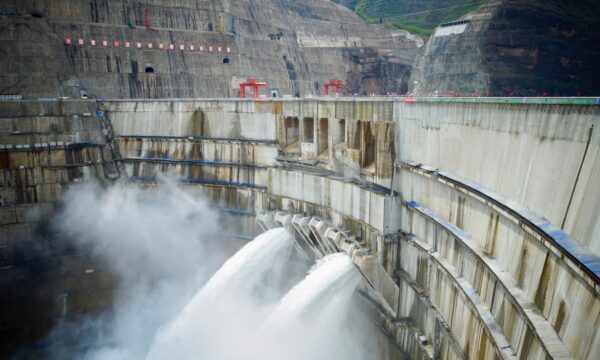Mozambique has obtained support from the World Bank for the construction of the Mphanda Nkuwa hydroelectric power plant, a $6.4 billion project aimed at strengthening its position in the regional energy market. The World Bank’s financial contribution is estimated at $1.4 billion, mainly for transmission lines and guarantees and assurances necessary to mobilize private financing.
With a capacity of 1,500 megawatts, the project is part of Mozambique’s strategy to become a major electricity exporter within the Southern African Development Community (SADC). Mozambican President Daniel Chapo declared that the country aims to become an energy hub for the region.
The infrastructure will also include 1,300 kilometers of electrical transmission lines, estimated to cost $1.4 billion. These lines will supply the southern network of the country, including the capital Maputo, and strengthen exports to neighboring countries such as Zimbabwe, Zambia, and Malawi.
The consortium responsible for the project includes Électricité de France (EDF), TotalEnergies, and Sumitomo Corporation. The Mozambican government and the public company Hidroeléctrica de Cahora Bassa will also hold stakes.
The World Bank’s support mobilizes the IFC (financing and participation), the IBRD (guarantees), the IDA (concessional loans), and MIGA (political risk insurance).
Mozambique, a member of the Southern African Development Community (SADC), already exports a significant portion of its electricity to South Africa. The new project aims to diversify regional outlets, particularly towards Zimbabwe, Zambia, and Malawi.
The country faces persistent challenges, including political instability, insecurity in the north linked to a jihadist insurgency, and delays in gas investments estimated at $57 billion.


